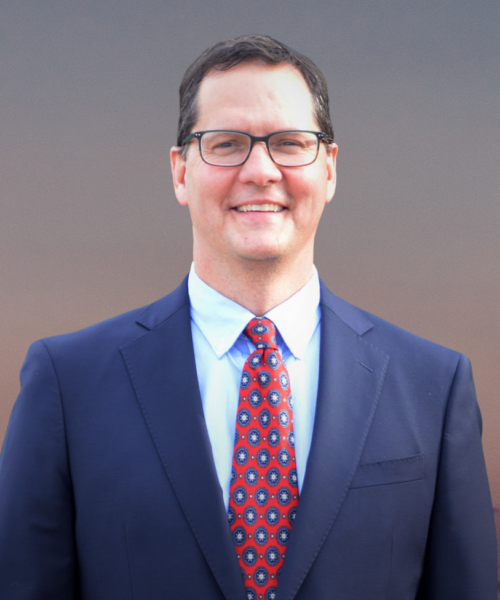Opioid addiction is a serious problem in this country and in Georgia. In fact, 29 counties in Georgia outpace the U.S. average for overdose rates and ranks among the top 11 states with most prescription opioid OD deaths. Aside from the problem of illegal use of opioids, patients suffering from real pain are at risk for addiction. Opioids are highly addictive, and often when the pain eventually stops — if it stops — the addiction remains. The problem is so serious that there is a generation of kids today that live without their parents because of their parents’ addiction. The matter is so serious that opioid overdoses have statistically overtaken automobile accidents as a serious cause of death in the country. This problem is preventable, and as such, it is inexcusable. But who’s to blame? Who holds it within their power to prevent some of this?
On the same day ProPublica and The New York Times co-published an investigative report into insurance companies’ restriction on less addictive painkillers amid the current opioid crisis, Georgia’s Attorney General Christopher M. Carr joined 36 other state attorneys general in a letter to Marilyn Tavenner, President and CEO of America’s Health Insurance about the opioid crisis. In the former instance, ProPublica and The New York Times found that insurers may prefer opioids over safer drugs because opioids are much cheaper, and if a patient wants the safer non-opioid drug, or Butran, which is a “painkilling skin patch that contains a less-risky opioid,” they often have to pay for the drugs out-of-pocket, but the costs are high and thus unaffordable for most patients.. In the article, Dr. Shawn Ryan confirms that “too many insurance companies put onerous barriers on patients needing medications to treat their addictions.” The latter may be part of the reason why 37 attorneys general sent the letter to Ms. Tavenner this week. This group of 37 attorneys general are investigating the causes of the opioid epidemic and parties that may be liable for it, which includes “the marketing and sales practices of drug makers and the role of drug distributors.”
The co-published article implicitly places blame on the drug companies and insurance companies. They are, after all, the ones setting the price and controlling the accessibility or availability of many drugs designed to manage pain. Doctors who prescribe the painkillers may also be at fault to some degree. In fact, there are numerous medical malpractice lawsuits throughout the country identifying medical professionals as defendants. Some of these cases are extreme and go beyond medical malpractice to criminal activity. Such was the case of a Georgian doctor who ran a pill mill selling opioids. But other cases are doctors acting negligently and enabling addiction through inappropriate prescriptions.
If you believe you or someone you love has an opioid addiction, and that his or her doctor enabled it through inappropriate prescriptions or other means, then you may have a medical malpractice case. To prove that your doctor was negligent in a pain medication addiction claim, there are the usual elements of negligence that must be proven: a doctor-client relationship that establishes a duty of care, the duty was breached by inappropriate prescriptions, the breach caused the addiction, and the damage is monetarily quantifiable. An experienced medical malpractice lawyer will retain a medical expert witness to consider your:
- Medical history
- Diagnoses
- Doctor’s objective medical findings
- Doctor’s experience in treating your condition, and
- What the medical field says about the treatment of your original condition.
The opioid crisis must be addressed immediately. Hopefully Georgia’s Attorney General, along with the other attorneys general, will help move this matter forward to some kind of meaningful solution. In the meantime, if you or a loved one has been affected by the opioid crisis, you should contact a medical malpractice attorney or other professional who can help you obtain the resources you need.


